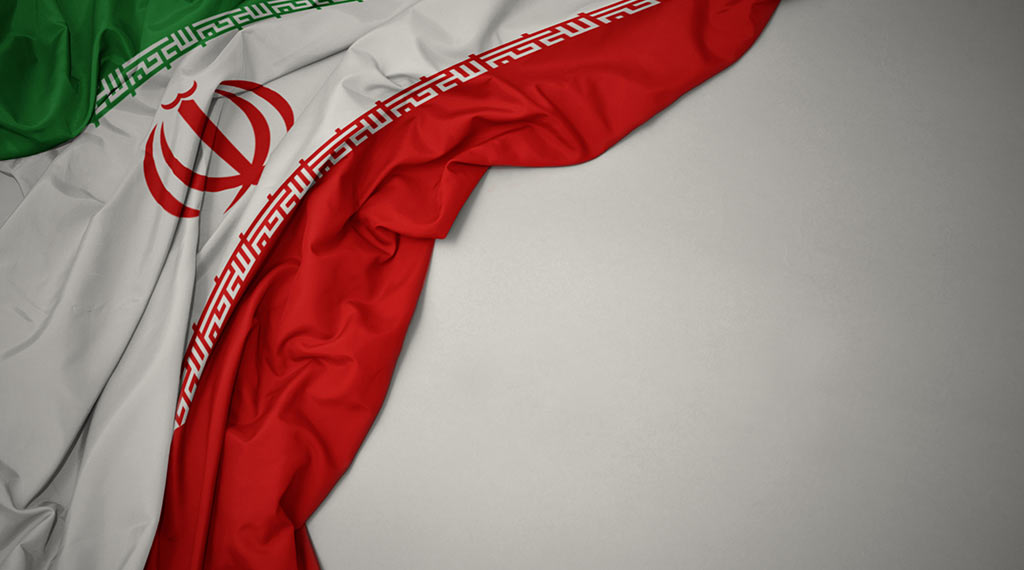
Iran continues to see Azerbaijan’s military strength and collaboration with Israel as threatening to its national security.
Tensions are flaring between Baku and Tehran after Iran’s Islamic Revolutionary Guard Corps (IRGC) launched widespread military drills in a show of force along their shared border. Iran’s exercises mark the first time in Azerbaijan’s thirty years of independence that a foreign state has directly threatened its sovereignty. Although Iranian officials claim the drills were aimed to protect “regional security,” they strongly insinuated that the real catalyst was the strengthening of Israeli-Azerbaijani ties. Iran, the champion of using proxy warfare to further its foreign policy, is fearful that Israel could be employing the same tactic by building a formidable base in the Caucus region.
- China’s growing submarine fleet: A threat to the US Navy? - April 15, 2024
- Sinking a US Navy aircraft carrier in combat would be a nightmare - April 12, 2024
- The US Navy has one problem with the Virginia-class submarine - April 10, 2024
